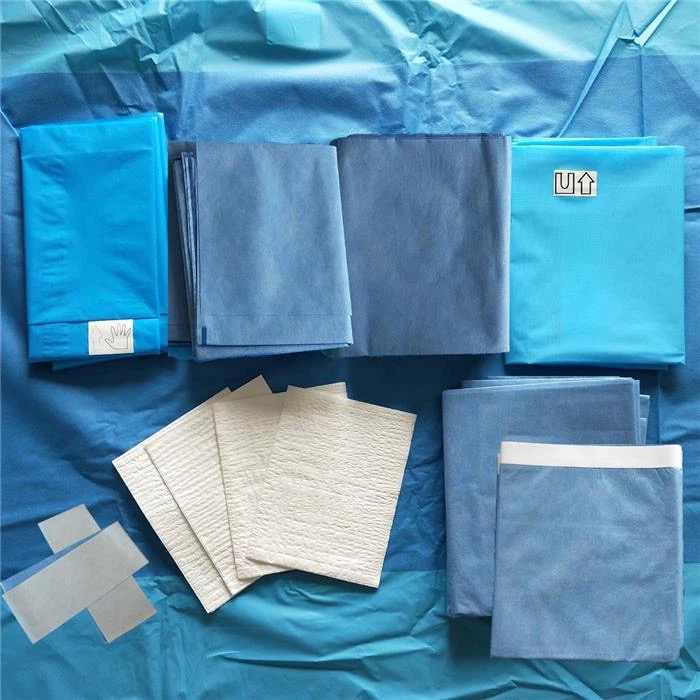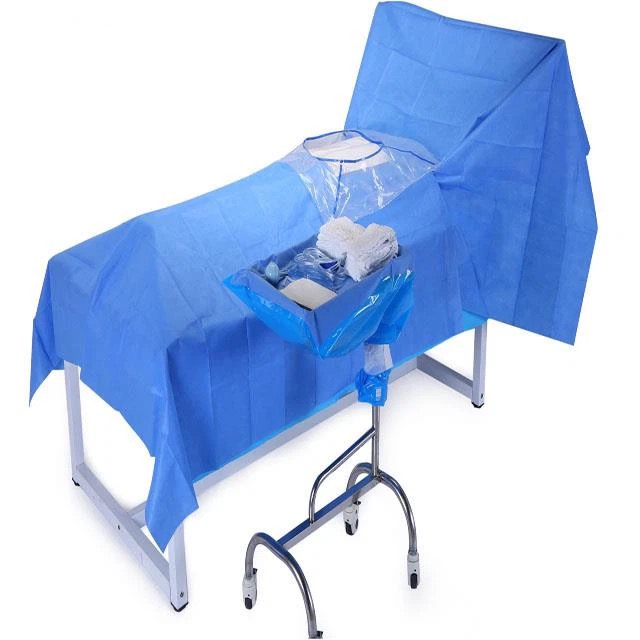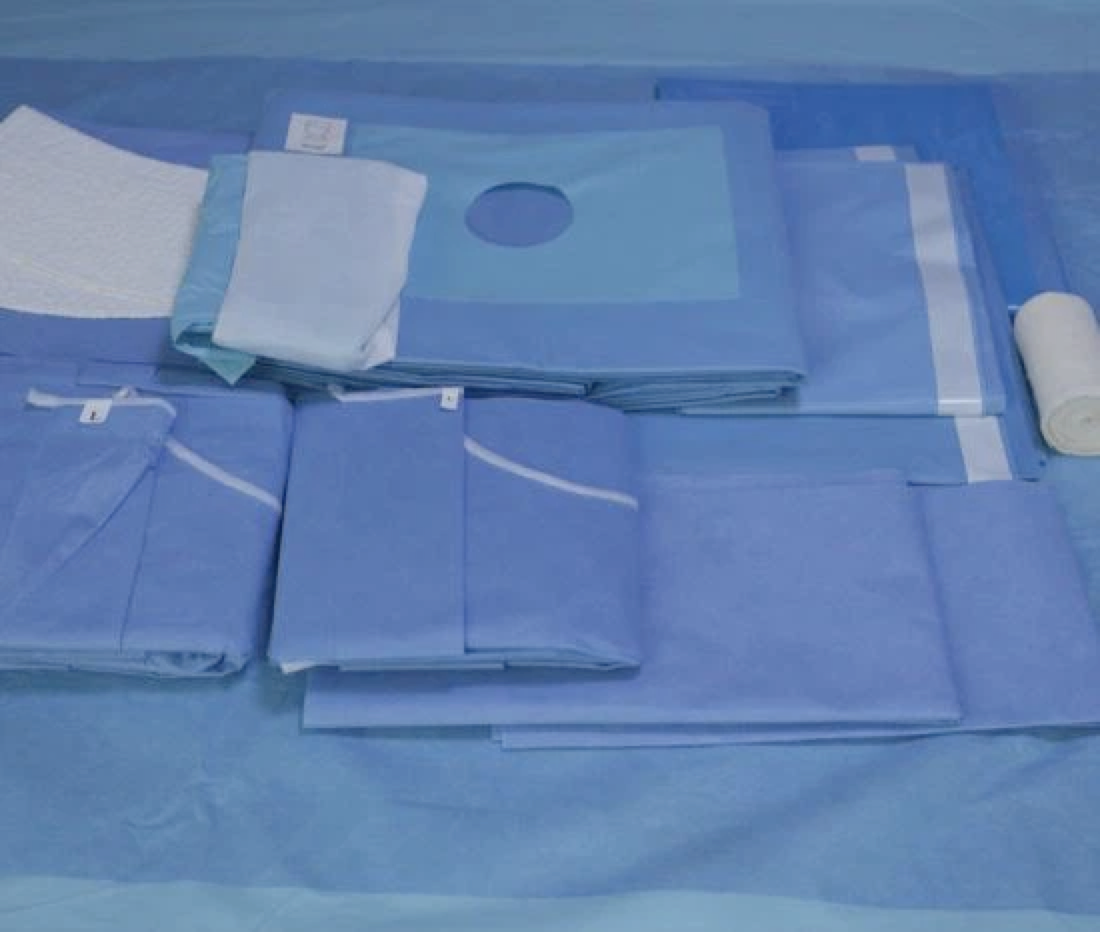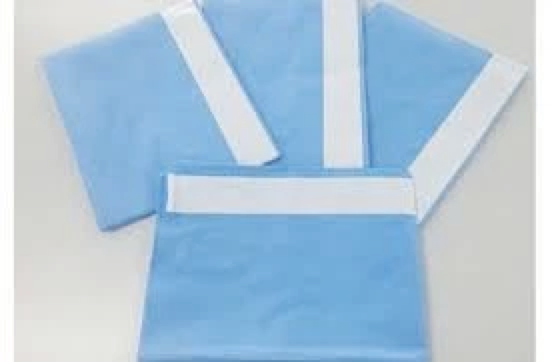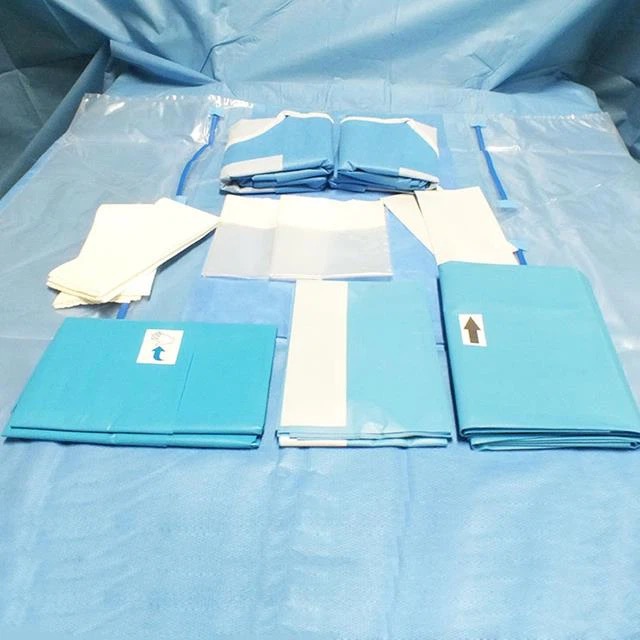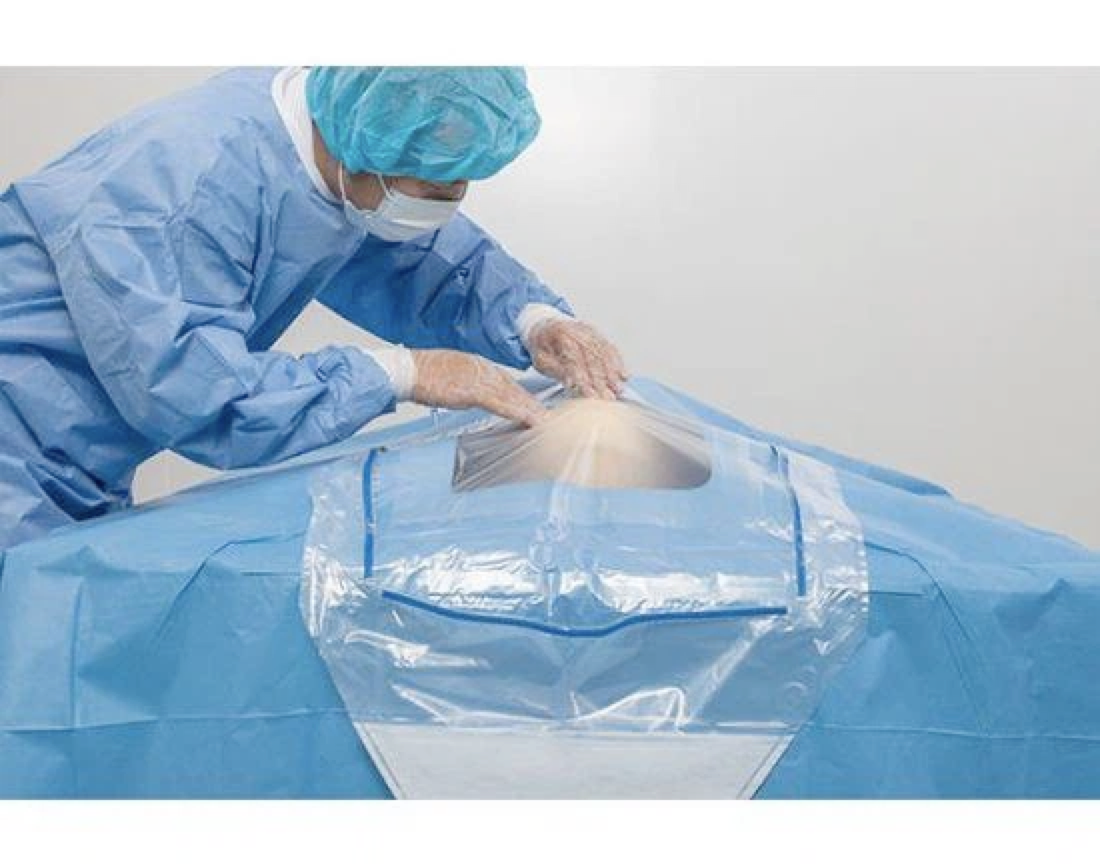The investigation “brought together folks from the federal and the private sector organizations who have interests in looking at the capabilities of ultraviolet radiation for the disinfection and reuse of personal protective equipment,” Dianne L. Poster, PhD, and lead investigator of the study, told Infection Control Today® recently about the study in an exclusive interview. “In this case, we specifically investigated ultraviolet radiation for the disinfection and reuse of N95 face filtering respirators [FFRs]. These are an important component in the suite of PPE, and they are a type of mask that offers protection for users from the potential risk of inhaling airborne particles. And [with] researchers at the National Institute of Standards and Technology in collaboration with our federal and private sector organizations, we demonstrated that these masks can be disinfected with very little impact to their form and function.”
Despite the COVID-19 pandemic winding down, the N95 FFRs continue to be in demand, domestically and internationally, and the interest in using UV-C radiation for disinfection and reuse of N95 FFRs remains high. The Delta and Omicron variants of SARS-CoV-2 has has greatly increased the demand for N95 FFRs, especially given the increased risks of infectivity associated with their aerosol transmission. In addition, everyday care around the world involving other transmissible diseases, such as measles, continues to draw on the global supply of N95 FFRs. Just as importantly, reuse is also of interest to reduce waste and environmental pollution.
The study, however, “is not intended to quantify the safety of any N95 FFR. It is highly recommended that testing should be undertaken on any products or systems being considered for N95 masks or any PPE disinfection and reuse,” the investigators said in the study. “Previous studies on UV disinfection of N95 FFRs for reuse strategies clearly indicated the importance of measuring the integrity of respirator fit and seal following any disinfection treatment. It is also important to seek guidance from impartial authorities to confirm that any implied standards are met through testing and evaluation. This is especially true for face coverings because these highly differ from one another and require different types of tests and evaluations for their reuse.”
